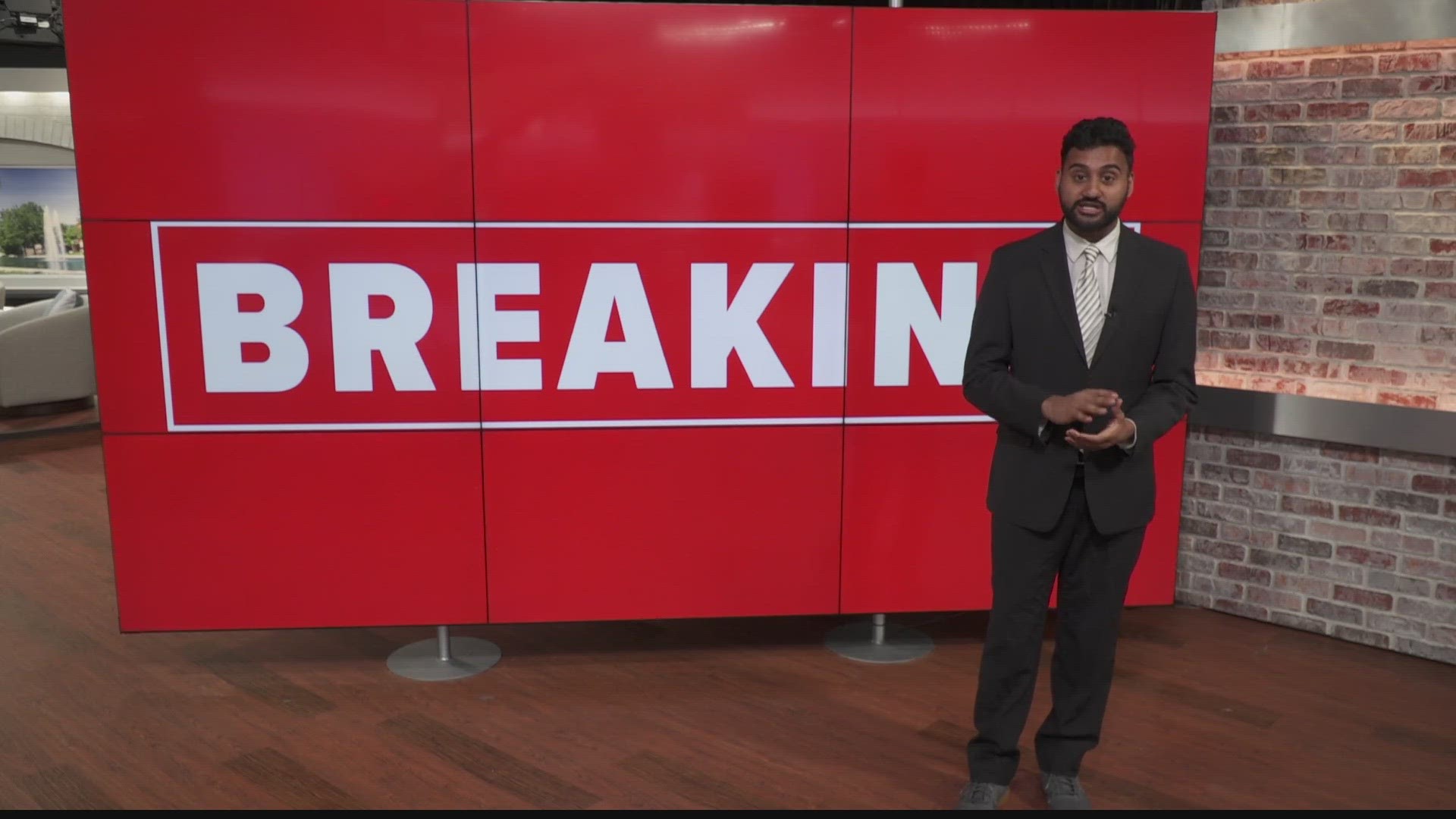KNOXVILLE, Tenn. — The NCAA is backing down from investigating name, image and likeness-related matters after a federal judge granted a preliminary injunction in a lawsuit brought by the attorneys general of Tennessee and Virginia.
NCAA President Charlie Baker said Friday in a letter to more than 1,100 member schools that the Division I Board of Directors has directed NCAA enforcement staff to pause any investigations involving third-party participation in NIL-related activities.
"There will be no penalty for conduct that occurs consistent with the injunction while the injunction is in place. I agree with this decision, while the progress toward long-term solutions is underway and while we await discussions with the attorneys general," he said.
According to Baker's note, the NCAA will still enforce policies that prohibit pay-for-play or paying for specific athletics performances, as well as policies that prohibit direct institutional payment for NIL and the quid pro quo requirement.
The announcement came in the middle of a feud between the University of Tennessee and the NCAA regarding NIL. The NCAA opened an investigation into UT's NIL activities and claimed the university violated its rules, but UT argued the rules were vague.
The details of the investigation have not been publicly released, but news organizations such as The New York Times and Sports Illustrated have suggested in reports that it stems at least in part from recruiting contacts UT may have had with star quarterback Nico Iamaleava of California and the use of a private jet provided by a collective. Collectives have become the means by which athletes can secure and receive NIL deals.
After the NCAA's investigation was made public, Tennessee's and Virginia's attorneys general filed an antitrust suit challenging the NCAA's NIL rules. The two argue the NCAA is breaking federal antitrust laws in stymieing the ability of athletes to take part in what's now established legal practice.
Baker threw a jab at UT and Tennessee in his letter to NCAA colleges, saying the NCAA was already aware that it needed to clarify NIL policies and that the council introduced a proposal in January that intended to clarify the role of schools in NIL matters.
"I realize pausing NIL-related enforcement while these other bylaws are upheld by the injunction will raise significant questions on campuses. This is precisely why a DI meeting room, not a courtroom, is the best place to change NCAA policy," Baker said. "The reason I took this job is to work with all of you to bring about positive change for student-athletes."
WBIR 10News reached out to UT and Tennessee Attorney General Jonathan Skrmetti's office about the NCAA's latest guidance. Both declined to speak about it on Friday.

